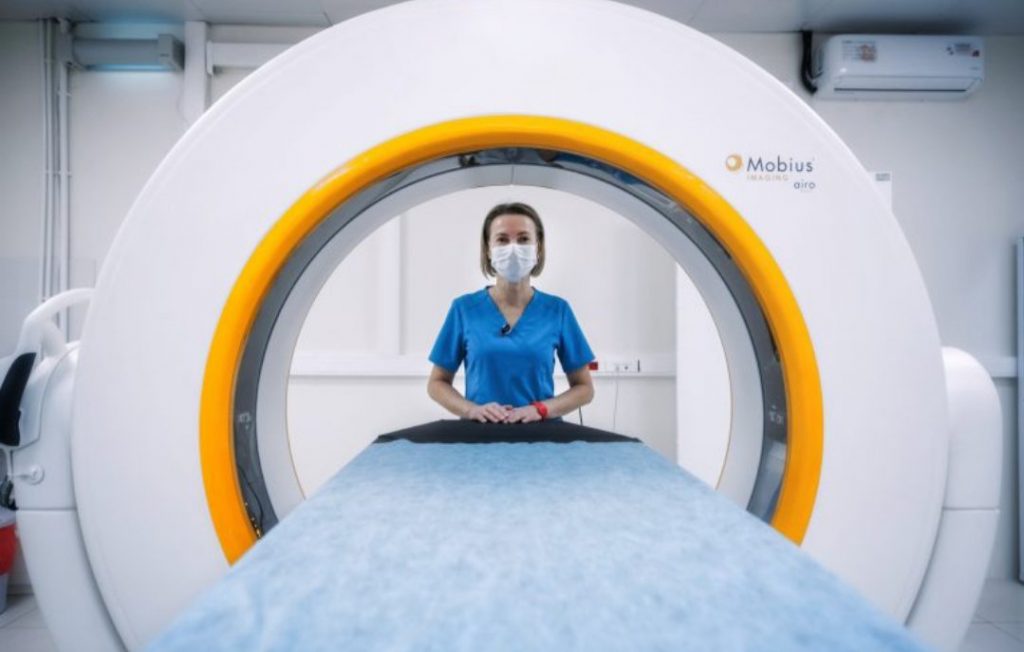RA or Rheumatoid Arthritis is an inflammatory and autoimmune sickness that can be the cause of swelling, pain, and rigidity in joints that is also called an autoimmune situation. Rheumatoid Arthritis is the kind of arthritis where the tissue lining the joints on both sides of your body can be attacked by your immune system. It can also cause harm to other parts of your body. It especially occurs in your joints which makes it distinct from other kinds of Arthritis.
Table of Contents
ToggleBody Parts That are Affected By Rheumatoid Arthritis:
You may feel signs of inflammation and pain in your body parts. Unbearable puffiness can damage cartilage which generally reacts as a shock absorber in your joint parts. Within the time it can disfigure your joints. In the end, your bones abrade themselves. This can be the reason for the fusion oF your joint. If you feel pain or ache in some of your body parts like:
- Hands.
- wrist.
- Fingers.
- Knees.
- Ankles.
- Feet.
- Toes.
Some kinds of cells in your immune system can help you in this procedure such as the infection-fighting system of your body. When RA affects some parts of your body sometimes it also put harm impact on some other parts like:
- Heart.
- Lungs.
- Skin.
- Eyes.
- Mouth.
What Are The Signs Of Rheumatoid Arthritis:
Rheumatoid Arthritis causes harm differently to everyone. In some humans, the progress of rheumatoid arthritis happens rapidly and for some, it takes several years to develop the signs. Some symptoms indicate the signs that you have rheumatoid arthritis such as:
Fever:
If you feel a fever.
Pain:
Puffiness, swelling, tenderness, and stiffness in two or more joints.
Stiffness:
Specifically, you feel tenderness in the morning or when you sit for a long time.
Stiffness and Ache:
If you feel pain in the same joints on both sides of your body.
Fatigue:
Extremely exhausting feeling.
Weakness
When you feel weak all the time.
Is Rheumatoid Arthritis Genetic Disease:
Scientists have researched a lot about Rheumatoid, which is a genetic or non-genetic disease. There are some genetic versions and some are non-genetic variations that can cause a high risk of rheumatoid arthritis in your body. The elements that come in non-genetic can be sexual and pollutants and exposure to irritants. People born with different variations in the HLA ( Human Leukocyte Antigen) can easily develop rheumatoid arthritis. Human Leukocyte Antigen(HLA) can aid your immune system by explaining the difference between proteins that are made by your body or proteins that are produced by bacteria and Viruses.

Rheumatoid Arthritis How To Diagnose?
If you feel any symptoms, ask your doctor. Your doctor may refer to a Rheumatologist ( a person who specializes in Arthritis. A Rheumatologist provides you with treatment that is based on a mixture of several elements. A specialist in Arthritis may ask you some questions like about your medical history and signs and a rheumatologist can also do a physical exam. A Rheumatologist will take blood tests and imaging tests. They will take blood tests for blood protein and puffiness that are symptoms of Rheumatoid Arthritis. such as:
- ESR(Erythrocyte Sedimentation rate) or sed rate confirm pain or swelling in your joints.
- C-reactive protein (CRP).
- Approximately 80% of humans with Rheumatoid Arthritis test positive for RF.
- Approximately 60% to 70% of humans surviving with RA have antibodies to CPC (cyclic citrullinated peptides).
The rheumatologist may also take an image test to check for signs that are wearing away your joints. The image test may contain:
- Ultrasound.
- X-Rays.
- MRI(Magnetic resonance imaging) monitor.
RA( Rheumatoid Arthritis) Medications:
There are so many kinds of medication or medicine for Rheumatoid Arthritis. Some of these drugs can aid you to decrease the inflammation and pain of rheumatoid arthritis. Others will help you to decrease flares and refine the damage that rheumatoid arthritis causes to your joints.
There are some medications that can help you to reduce your pain and inflammation during rheumatoid arthritis flares.
- Corticosteroids.
- Acetaminophen( decrease pain but not inflammation)
- NSAIDs (Nonsteroidal anti-inflammatory drugs).
These drugs that can slow the harm of rheumatoid arthritis can affect your body.
- DMARDs (Disease-modifying antirheumat drugs).
- Biologics.
- JAK( janus kinase) inhibitors.

Rheumatoid Arthritis Types:
There are various kinds of rheumatoid arthritis. It is very important for your healthcare to know about your RA type because it will provide you with accurate treatment.
Seropositive Rheumatoid Arthritis:
If you are suffering from Seropositive Rheumatoid Arthritis it means you have a positive rheumatoid factor or anti-ccp result of blood test. This simply means that you are having the antibodies that can harm your immune system to attack your joints.
Seronegative Rheumatoid Arthritis:
If you are facing negative Rheumatoid factors (FA) or anti-CCP results of blood tests but you are still having Rheumatoid Arthritis symptoms, it means you have seronegative RA. You may finally develop antibodies, altering your diagnosis to seropositive rheumatoid arthritis.
JAI ( Juvenile Idiopathic Arthritis):
It indicates rheumatoid arthritis especially in children ages 17 years old and younger than 17 years old. The symptoms are similar to those of other kinds of rheumatoid arthritis, but they may also contain inflammation in the eye and problems with physical development.



